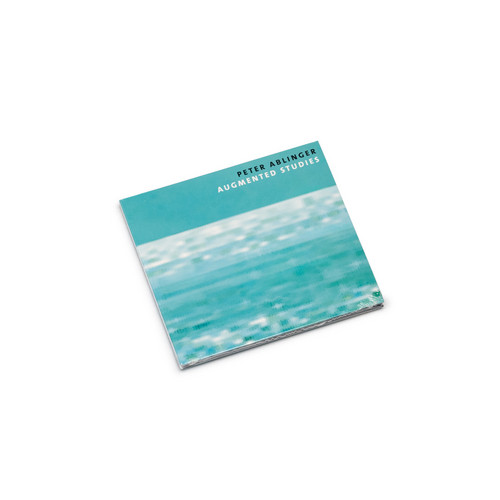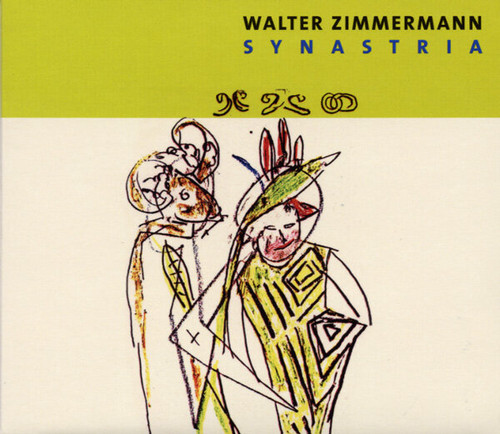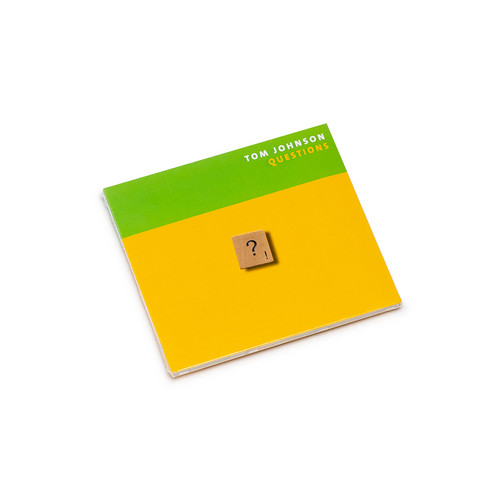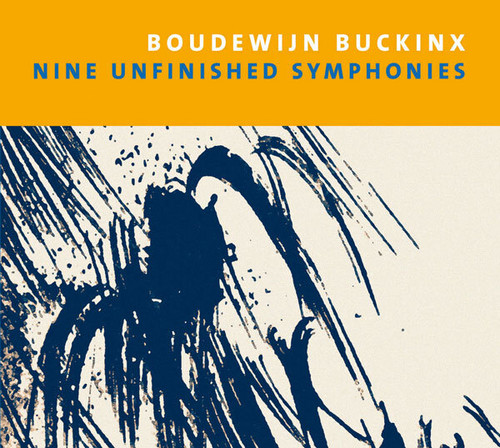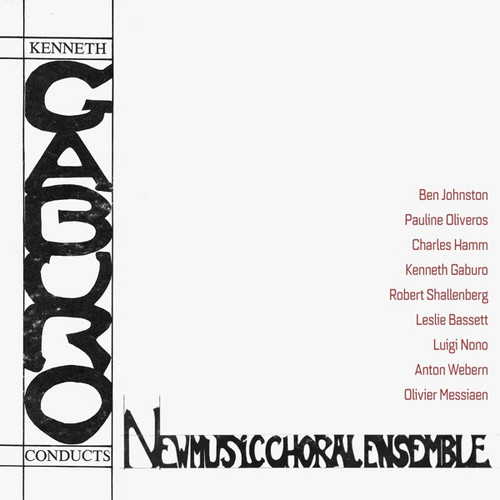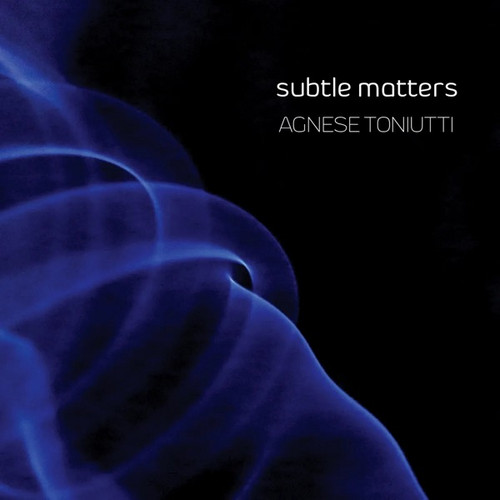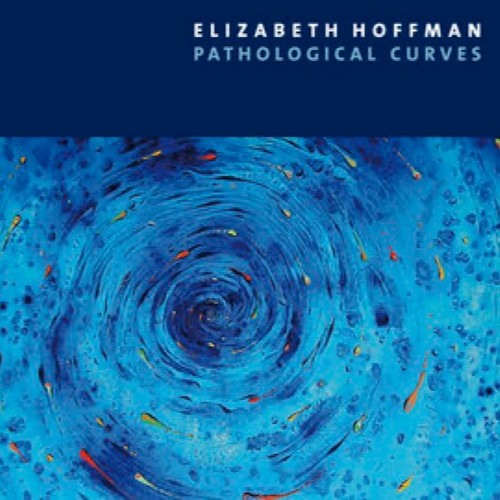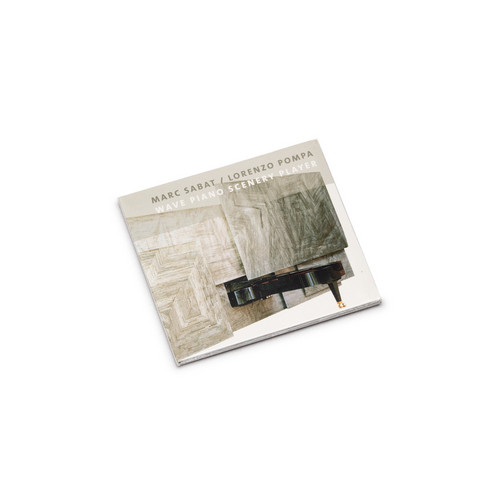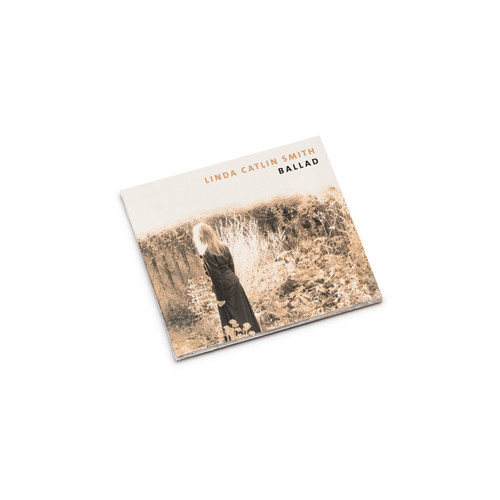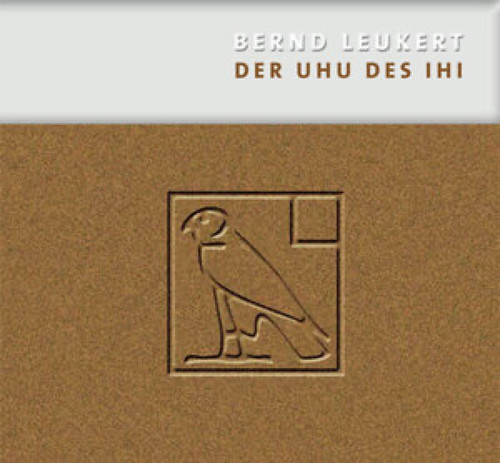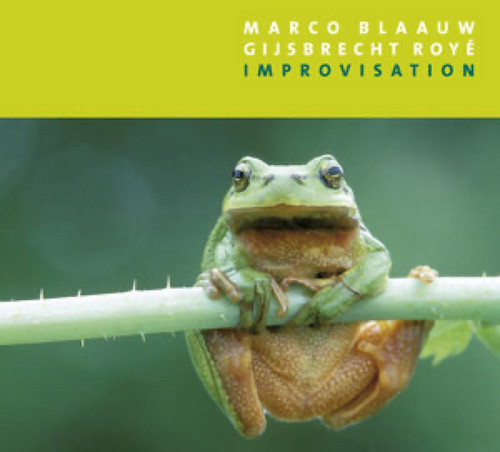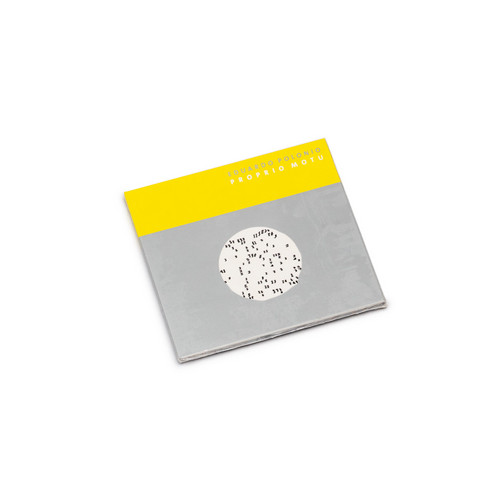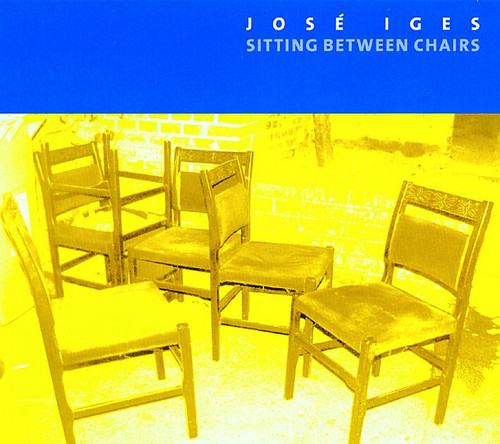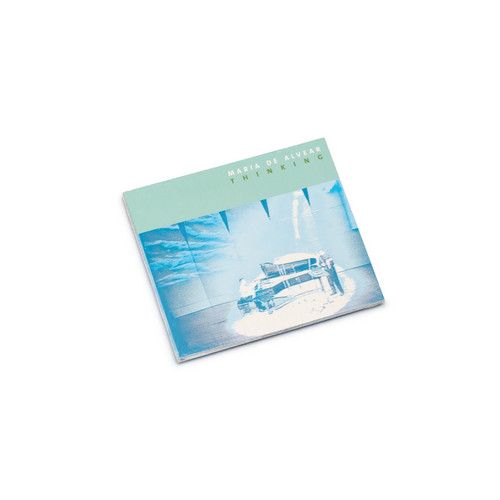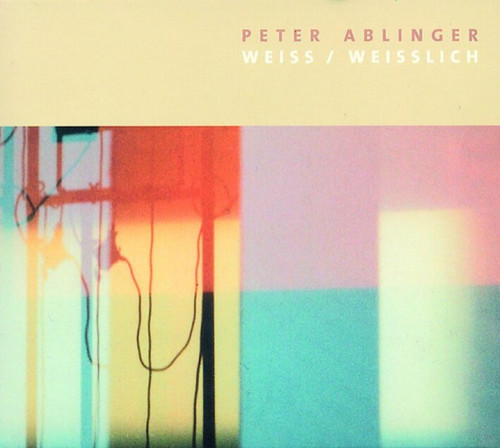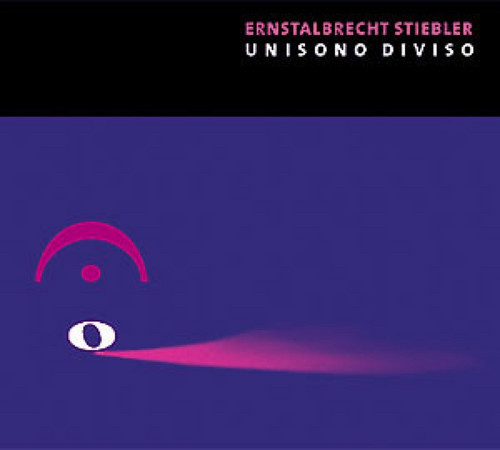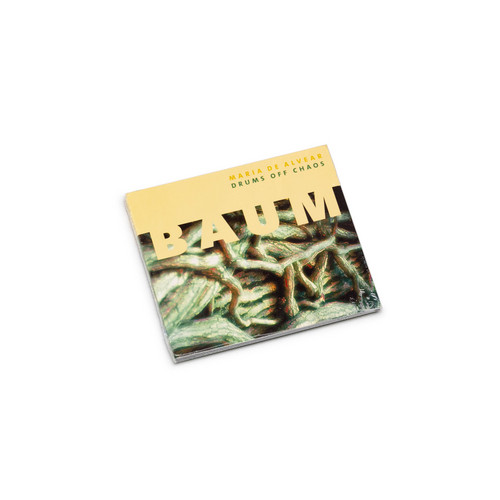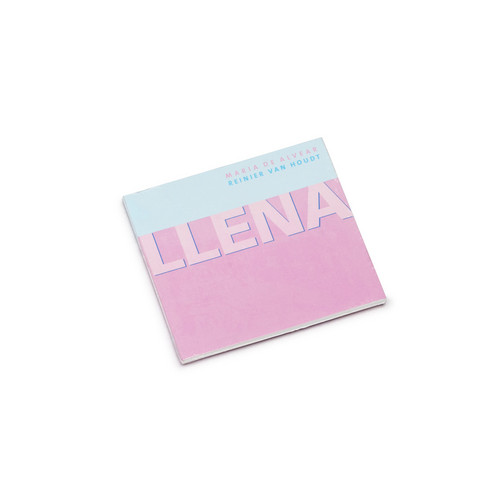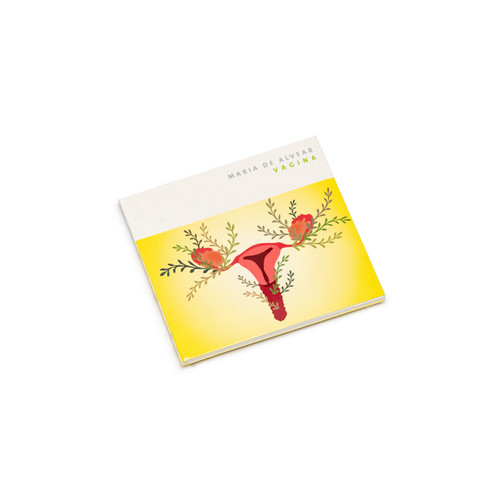Augmented Studies
* 2021 Stock * "When I imagine, as I sometimes do, that evolution were possible, Complexity is not its goal, but perhaps the safety net for a possible Immediacy. This opens up the possibility to exercise sufficient safeguards in an ever finer woven net of abstractions ? if not to escape directly ? to at least be able to risk a glimpse through the netting: a glimpse unfiltered through abstraction, signs, predetermined patterns, a glimpse of unaltered reality." - Peter Ablinger
Synastria
* 2021 Stock * Philosophical writings from antiquity have frequently underlaid Zimmermann’s work of recent years, particularly in relation to notions of time an ‘harmonia’ [...] Another recurrent theme in later works is that of the ‘broken unison’ (both melodic and rhythmic), which clearly has an allegorical/social dimension as well as a musical one [...] The isolated performance of single of his pieces emphasises their ‘otherness’ in relation to the main trends in new German music, whereas the …
Questions
* 2021 Stock * Most music proceeds with great self-assurance, more like an answer than like a question, but these pieces raise questions. We hope you will not only listen to the music as the pairs go by, but we will also want to decide whether they are same or different. Try it. Maybe your musical perceptions are better than you think. And if not, well, no one is going to grade you, and you can always try again! - Tom Johnson
This situation raises new questions, which Johnson undoubtedly intends…
Nine unfinished Symphonies
The Nine Unfinished Symphonies were conceived as one entity. They are written in my musical native tongue; the musical grammar and idioms with which I have become so familiar that I can converse in them spontaneously, without thinking, so that I can devote my full attention to what I actually want to do. It appears that we need narratives, such as the ‘sacred’ number nine with symphonies, or the concept of the Unfinished, which stands in sharp contrast to the fragmentary or the ‘uncapitalized’ u…
Kenneth Gaburo Conducts New Music Choral Ensemble 1
It was 1967, the summer of love, and the young radicals were huddled together experimenting, sweating in a tiny airless room. Gibberish, scat, sighs, whispers, as well as more refined musical tones, were coming from their vocal cords. For this was not Haight-Ashbury but Urbana, Illinois, and the New Music Choral Ensemble (NMCE) was merely exploring the boundaries of music.
Instigated by Kenneth Gaburo, pioneer of electronic tape music and compositional linguistics at the University of Illinois, …
Subtle Matters
How many sounds can a piano produce without using the keyboard? Some answers can be found in this recording, where the whole instrument is investigated using different techniques to reveal a world of unexpected richness, textures, and resonances.But it’s not just that: it’s also a journey in what the concept of “piano” became in the imagination of three composers (and a pianist). Each, in fact, gave shape to an original sonorous universe, and the task of reconnecting the subtle threads between c…
Pathological Curves
To sonically modify sound, not as a composerly or listenerly injunction but as a condition of its possibility: such is the task of Elizabeth Hoffman. Hers is not merely a music of the "verb" - that composers "do" something or "perform" something on the sonic. Hers is an "adverbial" music.
Above all, adverbial music modifies - sound, yes, but more fundamentally the space in which sound appears and the temporality that it solicits as it vanishes, always. Adverbial music, reticently and generously,…
Wave Piano Scenery Player
Wave Piano Scenery Player consists of several artifacts brought into a single structure: large black oil paintings on paper sheets dividing an automatic grand piano in two parts (sounding body, keyboard); tree pieces of music hamonically linking the 88 keys of the piano by combining them with mirotonally tuned sinewaves; a subwoofer/loudspeaker reproducing the elctronic tones; a pianist and a computer, both acting as performers.
The time-based form is deivides into threee parts, in which Sabat c…
Painted Cakes Are Real, Too
When you are listening to his pieces and are completely at ease, they offer the listener the beauty of pure sound: I believe this also applies to his likeminded friends. Even when and if they are of a continuous narrative type, they just create the right situation to listen to sounds. As the title reveals: Painted cakes are real, too. The beautiful sounds are repeated in order to remain purely sound. This repetition does not build up a narrative, it becomes more complicated and excited not in or…
Ballad
The word "ballad" implies a tale or narrative, and while there is no literal story being told there, I found myself thinking of the two performers as co-travellers in a terrain - or as dance partners - and the music as sometimes like a song they sing together, sometimes a landscape they cross, sometimes a mood, sometimes a monologue, and sometimes a fine line they trace. In the end, it is a ballad about the cello and the piano, and the way I hear them together. - Linda Catlin Smith
Der Uhu des Ihi
"Leukert brings back intuition into the computer-mechanical techniques of contemporary classical music. His compositions derive from the hearing experience - he has become a David Lynch for the ‘cinema pour l’oreille’, who is operating with the ironically associative scepticism of Godard. A blessing that Maria De Alvear’s small label ‘World Edition’ now produced eight of Leukert’s audio pieces on CD; among them the enchanting trilogy Wildwechsel" . - Alban Nikolai Herbst
Improvisation
That’s the name of the game... Marco Blaauw plays on a quartertone double bell trumpet, a shell, brought from Madagascar,a slide trumpet, piccolo trumpet, quartertone flugel horneven megaphone and flexible tube. Gijsbrecht Royé plays on a self-made bass-zither. To play on the four groups of bass grandpiano strings, he uses different kinds of sticks; two bows (normally used for double bass), metal strings, nails, brushes, knives, rat-tailed files and metal scouring pads.
Proprio Motu
* 2021 Stock * The disc summarises a major part of Eduardo Polonio’s work over the last decade and in some way is a complement to his 1969 - 1998 anthology.
There is a deep line, indecipherable for me, that runs through the work of Eduardo Polonio. It is a spectral base that we can track to his early works. ... In his latest work, Sudoku-mix, he buries it even deeper. We should not opt for the easy programmatic interpretation of the phenomena he points to in his work. The harmonic plays and even…
Sitting Between Chairs
* 2021 Stock * Metamusic. A suitable term for all these works, if by this we understand that musical aspects are somehow transcended, transgressed.
Sitting between chairs. A transgression which leads, through interactions of materials and intentions, controlled use of randomness or indeterminacy, conceptual game of measurement or definition, to the contemplation of music itself as yet another fragment of the whole, because the sound objects may have a dramatic or musical nature.
How could this w…
Thinking
* 2021 Stock * When i speak of spirit it is far beyond what most people think of.I am confident in my ways. I dont care about what people think of me because i do know that what i have been shown and told is far beyond. - Tsolagiu M.A. RuizRazo
For piano + violin + videoStephen Clarke - pianoMarc Sabat - violintext: Tsolagiu M.A. RuizRazoLive-recording from 01/12/2001, Glenn Gould Studio, Toronto, Canada
Weiss/Weisslich
* 2021 Stock * One day I met something strange on a stroll through the fields not far from the Hungarian border. The corn stood tall and waited to be harvested. The hot summerly east wind went through the fields, and suddenly I heard the hiss. Many had explained it to me but still I cannot tell the difference between wheat and rye. But I heard the difference. I think it was the first time that I actually heard something without an aesthetic context (like in a concert). Or was it the first time I…
Unisono Diviso
* 2021 Stock * About 1960, when serialism was pushed into an abundant mathematically structured complexity by composers such as Stockhausen or Boulez, young Ernstalbrecht Stiebler choose a completely different way - a radical backlash to the successors of Webern in Darmstadt: "No ‘mediations’, no permutations of sound material, but a way towards a further reduction of the material instead. At that time I had the feeling of entering onto new ground," Stiebler recalls.
The string trio Extension I …
Baum
* 2021 Stock * As if an incantatory ritual, Drums Off Chaos and Maria De Alvear create "acoustic images". The inherent spirit of the object - the essence of the tree comes to life through the interplay of voice and drums, assuming a clear shape in the listener’s mind.
Maria De Alvear’s colourful and expressive singing and the repetitive, insistent rhythms provided by the Drums Off Chaos work towards the same musical idea: from the specific material of each, unusual, highly differentiated sounds …
Llena
* 2021 Stock * To me, Maria De Alvear composes like a natural phenomenon: guided not as much by the coming and going of ideas and emotions, nor addressing them, but like a law of nature impassively displaying a sort of automatic writing that moves the body and courses through the psyche, ultimately demanding full awareness. - Reinier van Houdt
Vagina
* 2021 Stock * Vagina is the longing for the man. This simple sentence holds enormous secrets, starting with the word longing and not least with the word man. Recognizing a man is probably very difficult from a woman's perspective: for several reasons. The most important sine qua non is the fact that a female being must be able to be a woman. In other words, an adult female being, not only in a sexual sense, but - and here is the trick - psychologically. - Maria de Alvear
Maria de Alvear - voice…
